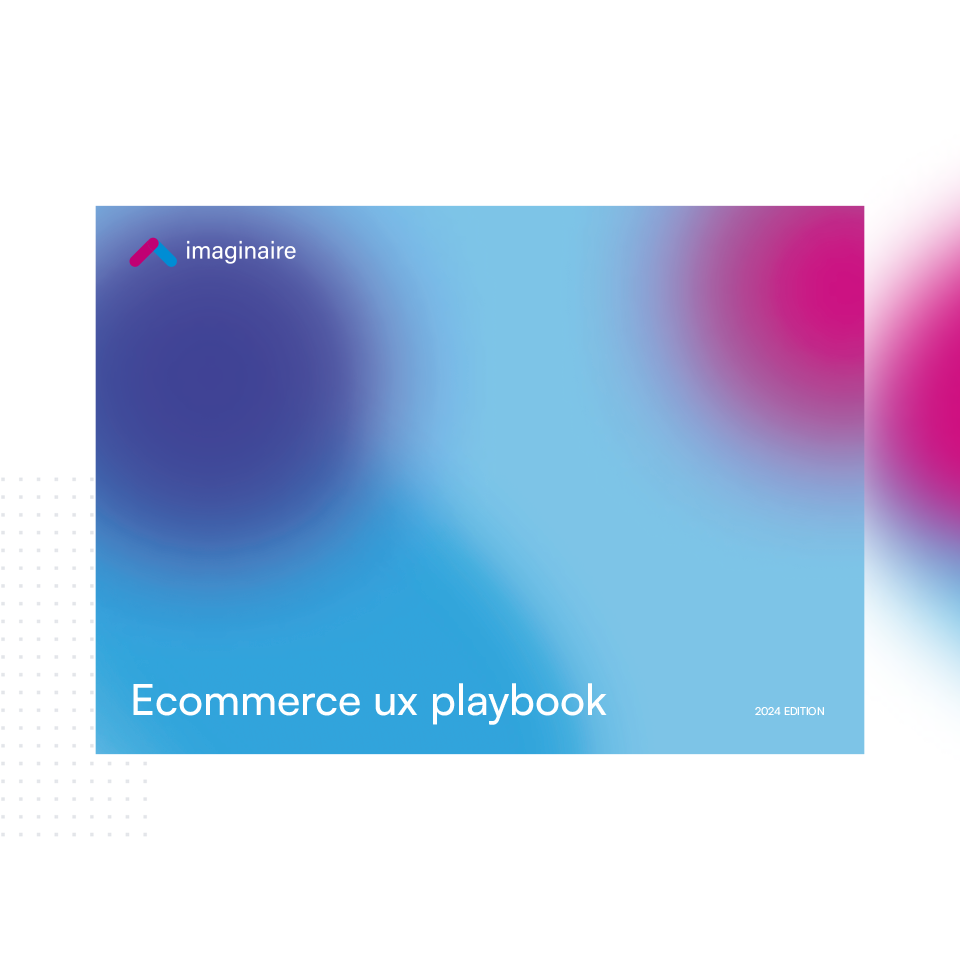It’s been recorded that there are 6.6 billion smartphone users in the world as of 2022, with this figure increasing every single day. Smartphones have taken mobile use to a whole new level, with humans now using their phones to communicate, shop, entertain themselves and experience daily digital experiences. With more than half of all internet traffic shopping coming from a mobile device, businesses and brands are now adapting their marketing strategies and eCommerce softwares to tailor to the modern customer.
Does your business need a mobile app?
Mobile apps are being used by retailers, marketers, institutions and a variety of different industries across the globe. Some businesses are using apps for eCommerce services or a platform for customers to book appointments. But does every business need an app? Designing and building an app involves a lot of time and money, so there are several factors to consider before venturing into that world or deciding the expenditures of building an app. Here are a few questions to consider before creating a mobile app.
- What is your main business goal?
- Who are your customers?
- Are your customers mobile orientated?
- What is your app-building strategy?
- What’s your budget
Benefits of having a mobile app
Not only are more users accessing the web from their tablets or smartphone, but they are also doing so with more eCommerce purposes than ever before. This means more people are using their phones to research goods and services, pay online and purchase products. Many of these users are either using a webpage or mobile app to make these purchases and over the past few years, the amount of companies with mobile apps has increased. Creating an app can provide both the customer and the company with a range of advantages.
Better customer value
Businesses now rely heavily on technology and online transactions when it comes to dealing with customers and selling goods. Mobile apps are just one major part of modern tech and are one of the best ways to create an accessible, easy-to-use platform. With most customers prioritising convenience, they truly value an easy-to-use app that is right at their fingertips. Creating this platform will also provide the consumer with a sense of trust.
Building a stronger brand
A mobile app is a perfect place to design, innovate and market a brand. The more branding you get out there, the more recognisable your name will be. Having an app means creating a whole new look or adapting what you already have. These platforms can include company colours, logos, banners, slogans, graphics and typography. An app is also considered a new advertising platform where you can increase exposure, attract new customers and increase customer retention.
Improved customer communication
If you’re looking for a way to improve customer experience and communication, creating a mobile app can offer many benefits. Customers truly appreciate the support they receive and now more than ever, expect quick, efficient communication. Mobile apps provide a simple way to respond to customers, provide contact details, deliver basic information and collect feedback. These apps often come with a support section which might involve chatbots, human interaction, FAQ’s or links to extra details. Ensuring your app includes these features will provide the customer with an easy and accessible option that they use in their day-to-day life.
Competitive edge
Keeping up with the competition is tough. With all the digital updates and technology available, marketing departments are constantly looking for new, innovative ideas to stay on top of their industry. Compared to a standard web page, mobile apps provide consumers with their modern-day need for convenience and speed. Taking your business to a mobile device will give you a competitive edge or keep up with your competitors.
Personalised customer experience
Mobile apps are the ideal place to create a personalised experience for your customers. Technology has now enabled businesses to research their users and find out where they live, they’re purchasing habits, their online preferences and their goals. This makes it much easier to include personalised features and marketing techniques. Mobile apps come with features such as push notifications, email updates, discounts and offers and personal profiles for wishlists.
